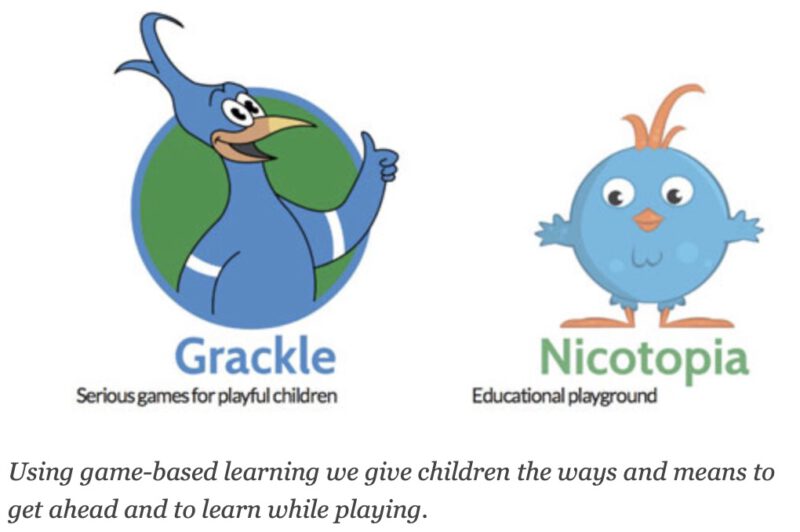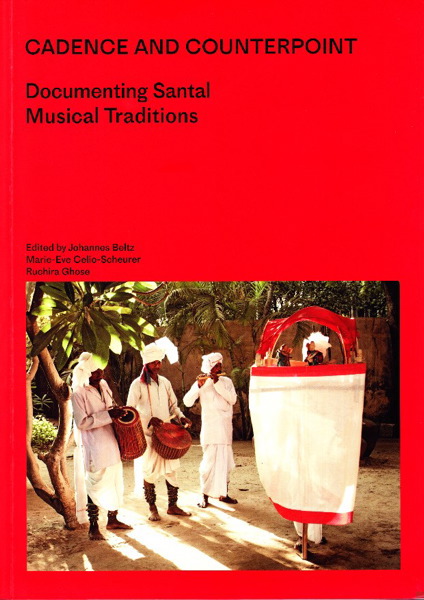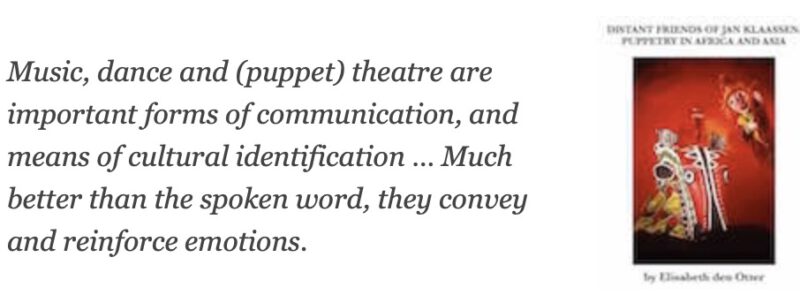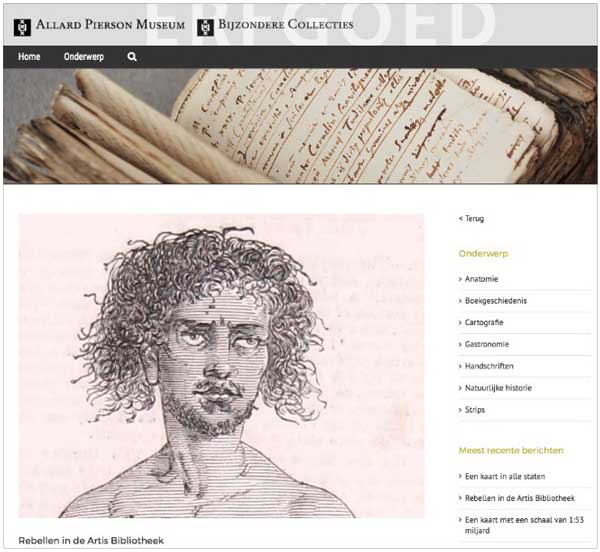This website is all about “Showcasing new initiatives in education”. It is inspired by the richness of India’s multi-cultural identities as well as the commitment to freedom and human rights embodied by India’s founding fathers just as their supporters and heirs.
Dr. Nicolaas Nobel founded The Tribal Cultural Heritage in India Foundation in Noordwijk (The Netherlands). Architect Jowa Imre Kis-Jovak and Cultural Anthropologist Dr. Jet Bakels served as Secretary and Board member respectively from 2008 to 2010. Since then the board included Nicolaas Nobel (until his demise in 2016), Ludwig Pesch (Secretary from 2010 to 2022, Website Administrator since 2010), Elisabeth den Otter (Treasurer from 2010 to 2016, President & Treasurer from 2016 until 2022), and Mieke Beumer, who served the foundation as Board Member from 2016 until 2022.
Dr. Nicolaas (Nico) Nobel (12 May 1933 – 29 November 2016)
studied Law at Leiden University. He subsequently worked in Amsterdam as a tax-lawyer and as a publisher of articles and newsletters about Dutch and international tax law.
In addition to managing the Charitable Trust, Nobel maintained continuous contact with Indian NGO workers, also traveling to meet them and see their work up close. Due to his age and the increasing demands of this work, he stopped at the end of 2005, handing over the responsibility to two Dutch couples. One of the couples is Jasper Kappen and his wife Flora. From 2006 until his demise he focused on the activities of the Childtuition Foundation. | In memoriam >>
Details
As a student, Nico Nobel became friends with an Indian boy studying at Cambridge University. This friend invited him to tour India after finishing his studies, and he accepted. In 1958 he completed a 7 month tour through India by car, nearly covering the entire country. Having made a number of new friends, he returned often for short visits. As a result, Nobel regards India as a second home, and himself as “half-Dutch and half-Indian”.
During his many stays, Nobel saw not only attractive areas of the country but also the misery in which a large portion of the population still lives. These are conditions of life that, fortunately, no longer exist in Western society. Nobel was inspired to make a difference, and began organizing charitable activities in India after his retirement. With some money of his own he founded a Charitable Trust that, after a few years, also received support from CORDAID, a large, semi-public charitable organization in the Netherlands as well as from Dutch and Indian Rotary Clubs. From 1998 to 2005, the Trust financially supported several non-governmental organizations (NGOs) for charitable work to help prostitutes and their children, HIV-AIDS wards, leprosy colonies, orphanages, cataract operations for the blind, and many other important causes.

Ludwig Pesch
is an Amsterdam-based musicologist, educator and musician trained in Germany and India. He has developed novel ways for delivering intercultural music education in programmes used by schools, colleges, universities and museums; and a pioneering e-learning course for South Indian music (www.carnaticstudent.org).
Play/game based activities include the hands-on approach documented in Vaitari: A musical picture book from Kerala for which he wrote the manual for parents and teachers (available in English and German); and integrated learning projects introduced at world conferences of the International Society for Music Education (ISME).
Details
An active participant in Europe’s dialogue with India, Ludwig Pesch received the Cross of the Order of Merit conferred by the President of the Federal Republic of Germany “for his outstanding contribution to cultural relations with India”, and the Rabindranath Tagore Cultural Award (Kulturpreis) of the Indo-German Society (DIG) “in recognition of his outstanding contribution to the spread of knowledge about India’s spirit and life”.
His publications include a critically acclaimed reference work, The Oxford Illustrated Companion to South Indian Classical Music (“the most thorough study of Carnatic music” according to historian of religions and musicologist Guy L. Beck), and articles for journals and exhibition catalogues. Find his publications on www.worldcat.org. Also visit his educational website www.aiume.org:
We design site-specific activities that enrich the lives of children, young people and adults: melodious music and captivating rhythms in which to immerse ourselves joyfully and spontaneously; with self-confidence yet always together.

An exhibition and publication “conferring upon ethnic and tribal art recognition and dignity”
Elisabeth den Otter
studied cultural anthropology at the University of Leiden from 1972 till 1979. She specialized in the performing arts (music, song, dance, puppetry) of non-western peoples, as well as audiovisual anthropology. She did fieldwork in Peru, Brasil, Birma and Mali.
She has produced several audio-CDs and DVDs with documentary films on her label Samaké Records; some of these are available on her website www.elisabethdenotter.nl which includes articles, photo and video galleries, and several e-books to download for free.
Details
Elisabeth den Otter was an active member of groups involved in indigenous peoples: Work Group Southamerican Indians and Netherlands Center for Indigenous Peoples.
From 1988 till 2003 she was Curator of the Department of Ethnomusicology of the Tropenmuseum (Royal Tropical Institute) Amsterdam. In 1996 she curated a major exhibition on puppets in Asia and Africa, where puppets and shadow figures from Andra Pradesh, Orissa, Kerala and Rajasthan were shown. In 2003, she attended a large puppet festival in New Delhi, organized by the Sangeet Natak Akademi, where 35 groups from different states performed, usually accompanied by live music. An exhibition showed many puppets and shadow figures.

Mieke Beumer
After studying Painting and Graphic Arts, Design and Art Education (Stadsacademie voor Toegepaste Kunst, Maastricht / Rijksakademie van Beeldende Kunsten, Amsterdam), she studied History of Art and Archeology (University of Amsterdam) and Japanese Language and Culture (Leiden University). Her other favourite topic is the pictorial history of the Dutch-Asian connections from 1600-1900: in Sri Lanka (Ceylon), India, Indonesia (Dutch East-Indies) and Japan.
I am particularly interested in Illustrated books and book illustrations, both for their artistic aspects and for the role they played in creating images of other worlds and other peoples: the “visual impression” of certain political, religious and cultural ideas. And also in the dissemination of visual knowledge of the flora, fauna and geology of newly discovered territories.
Her guest blogs for the website of the University Library of Amsterdam (in Dutch) include “Rebellen in de Artis Bibliotheek”, since then translated into English as “Rebels in Artis Library“.
Details
Mieke Beumer worked at the University Library of Amsterdam as
- Cataloguer of Visual resources & Non-Book materials (Centre for Documentation of Social Movements);
- Subject Specialist for Art and Art History / Library Information Specialist;
- Coordinator of Exhibitions; and
- Adjunct Curator of the Artis Library, Special Collections.
